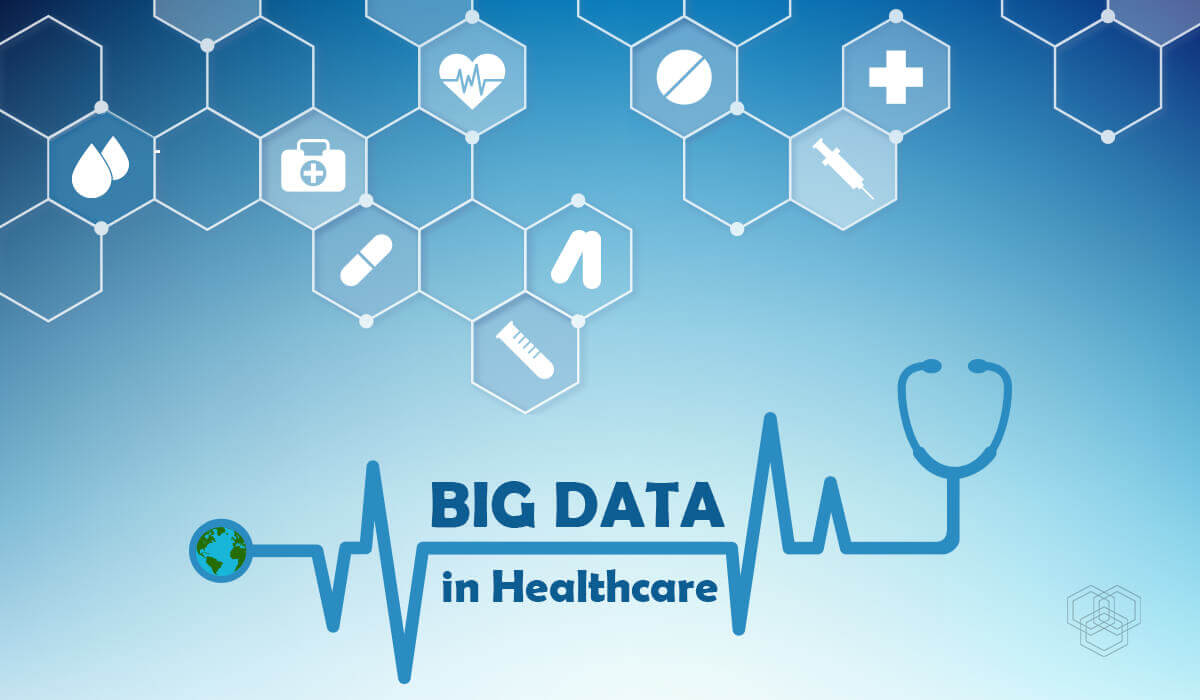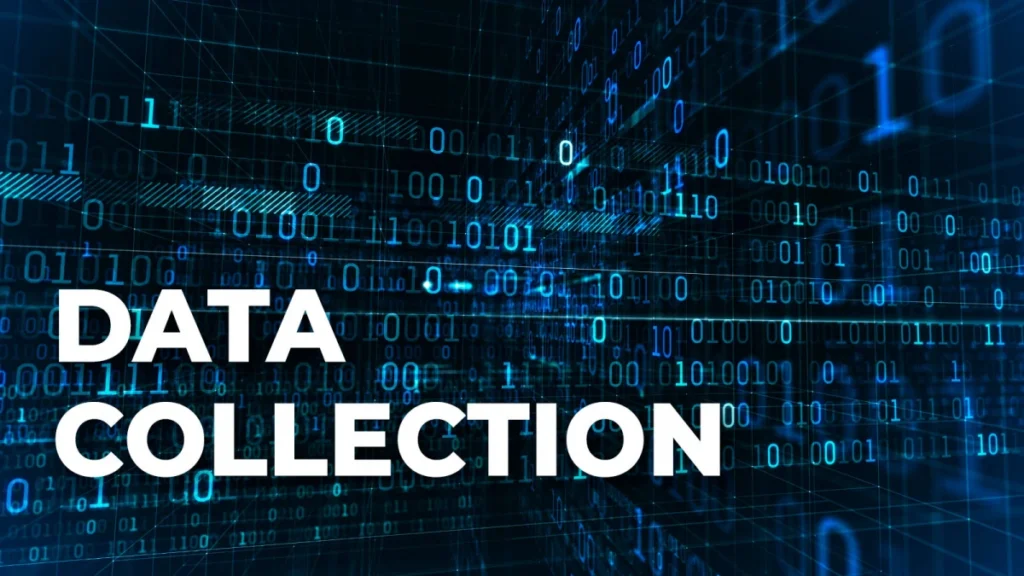
In today’s rapidly evolving healthcare landscape, data has become the lifeblood of the industry. From patient records to clinical trials, vast amounts of information are generated daily, holding the potential to revolutionize patient care and medical research. At the forefront of harnessing this information deluge are data scientists, whose interdisciplinary expertise is driving innovation and improving outcomes. In this blog post, we’ll embark on a journey through the critical role information scientists play in healthcare, exploring the data landscape in this domain, their contributions, information collection, predictive analytics, personalized medicine, data-driven decision-making, and the challenges and future trends in this field.
Table of Contents
The Healthcare Data Landscape

Source: theappsolutions.com
Healthcare is a data-rich industry, generating petabytes of information daily. This data comes in various forms, including clinical records, administrative information, genomic sequences, and more. Each type serves a unique purpose, from managing patient care to advancing medical research. However, the sheer volume and diversity of information pose significant challenges in terms of storage, security, and analysis making it interesting delve into data science for healthcare. Scientists are crucial in extracting valuable insights from this vast sea of information.
The Role of Data Scientists
Data scientists are the bridge between information and decision-making in healthcare. They leverage their expertise in statistics, machine learning, and domain knowledge to transform raw information into actionable insights. Their contributions are multifaceted, ranging from predicting disease outbreaks to optimizing treatment plans. Moreover, their work often involves close collaboration with health professionals, making science in healthcare inherently interdisciplinary.
Data Collection and Processing

Source: u.today
The process of collecting healthcare information is multifaceted, involving electronic health records (EHRs), wearable devices, and even genomic sequencing. Ensuring data quality and privacy is paramount, as erroneous or compromised information can lead to incorrect conclusions and ethical concerns. Scientists play a vital role in information preprocessing and cleaning, preparing the information for analysis while safeguarding patient privacy.
Predictive Analytics
Predictive analytics is a powerful tool in healthcare, and information scientists are its practitioners. They develop models that can forecast disease outbreaks, assess readmission risks, and even predict individual patient outcomes. Early intervention based on these models can significantly improve patient care and reduce healthcare costs.
Personalized Medicine

Source: undefined.photos
One of the most exciting frontiers in healthcare is personalized medicine, where treatments are tailored to individual patients. Scientists combine clinical and genomic information to identify the most effective therapies for each patient. Initiatives like the Cancer Genome Atlas have demonstrated the potential of personalized medicine in improving patient outcomes.
Data-Driven Decision Making
In the fast-paced world of healthcare, informed decisions are critical. Scientists support healthcare professionals by providing them with data-driven insights through visualization and dashboards. Real-world examples include using information to optimize hospital resource allocation during a pandemic or identifying trends in patient outcomes for evidence-based practice.
Challenges and Future Trends
While data science holds immense promise in healthcare, it also faces significant challenges. Ensuring information privacy and maintaining ethical standards are ongoing concerns. Furthermore, as technology evolves, information scientists must adapt to emerging trends such as AI and machine learning. The future of healthcare relies on scientists’ ability to navigate these challenges and harness the full potential of data-driven innovation.







